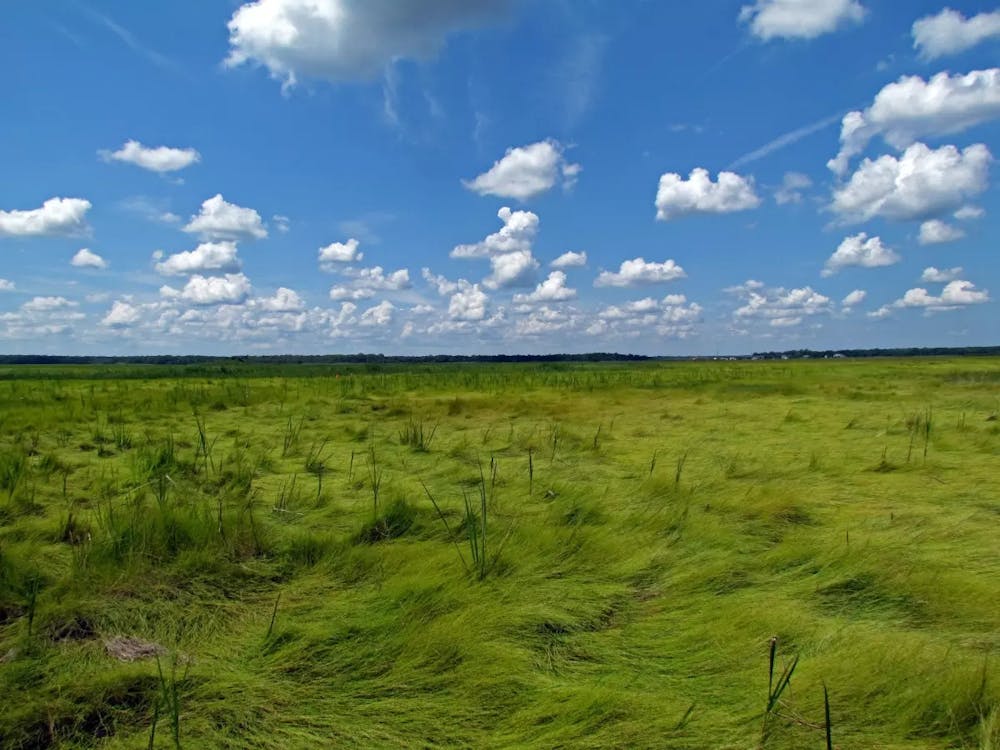By Mike Sherr
Editor-in-Chief
New Jersey has a bad reputation as a grimy, polluted state that is home to miles of cities and industrial parks. When people from other states think of New Jersey they may think of twisted versions of Seaside Heights, Jersey City or Atlantic City. In reality, the state could not be any different.
The Garden State is full of rich natural beauty from the forested highlands of Jefferson Township to the marshy dune ecosystems of Cape May. The ecological diversity of the state is severely underappreciated in American culture.
It is home to one of the last examples of the Atlantic coastal pine barren ecosystem. It is also where you can find rare plants and animals like the spreading globe flower (Trollius laxus), the pine barrens tree frog (Dryophytes andersonii) and the piping plover (Charadrius melodus).
With all of these ecological resources, the state is still consistently the butt end of jokes (John Oliver literally called New Jersey a nuclear waste dump). Even New Jerseyans do not fully appreciate the scenic environment of the state.
Maybe people actually believe that New Jersey is this over-industrialized state full of pollution and garbage. Or maybe we as a society just have to recognize and understand the environment around us.
One of the easiest ways to reconnect with our local environment is to learn what plants we can pick and eat!
While foraging for plants and mushrooms is illegal in all state parks and forests, special permission can be granted by private landowners or park superintendents. Foraging on public land like sidewalks, streets, libraries and schools is legal, however, as long as there is no local public ordinance that says otherwise. Make sure to ask before picking berries from someone’s bushes in your neighborhood.
In this article, you will find ten native New Jersey plants that are completely edible. You will also find some fun scientific facts and even a few recipes. Click on the links below to learn about each tasty plant!




